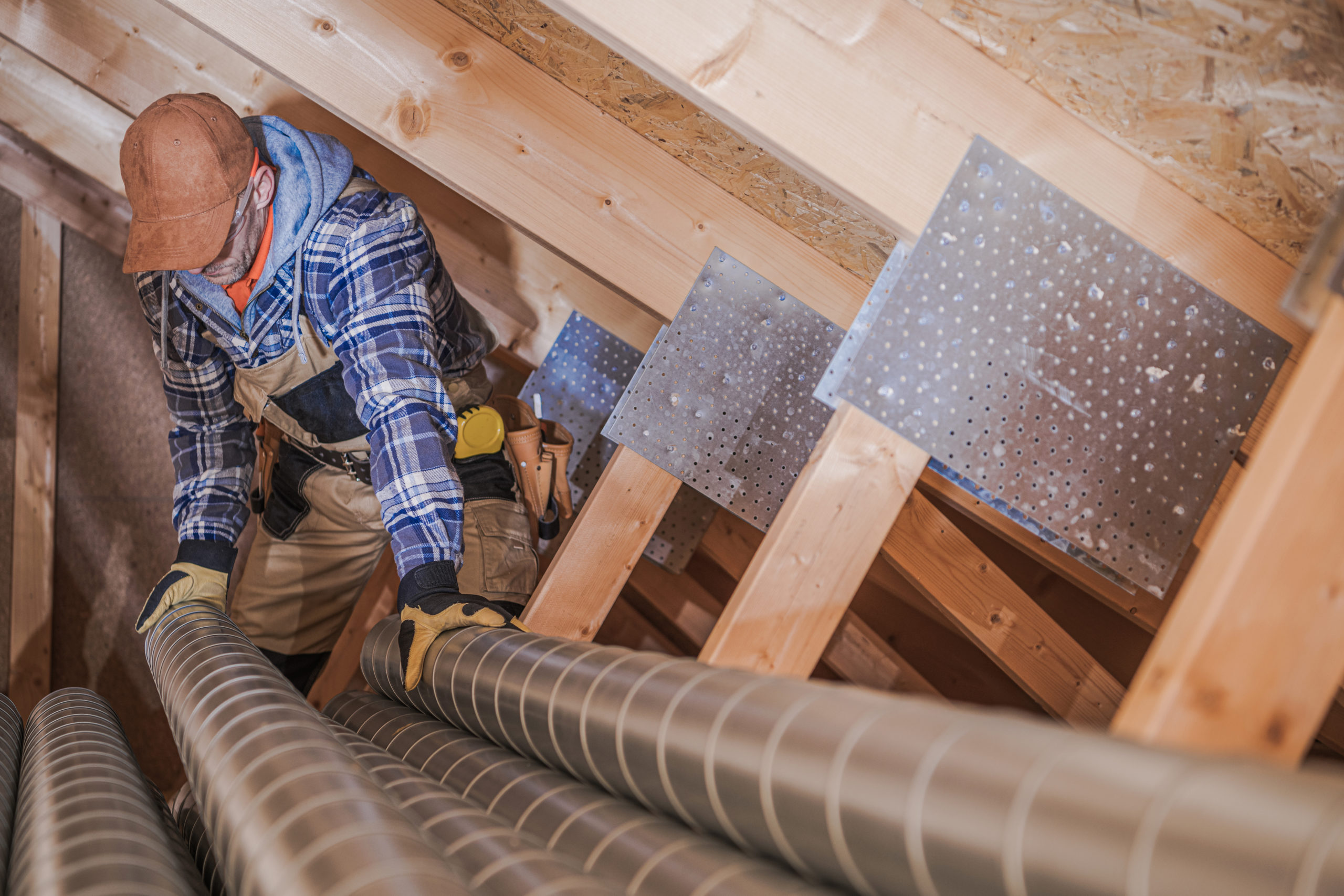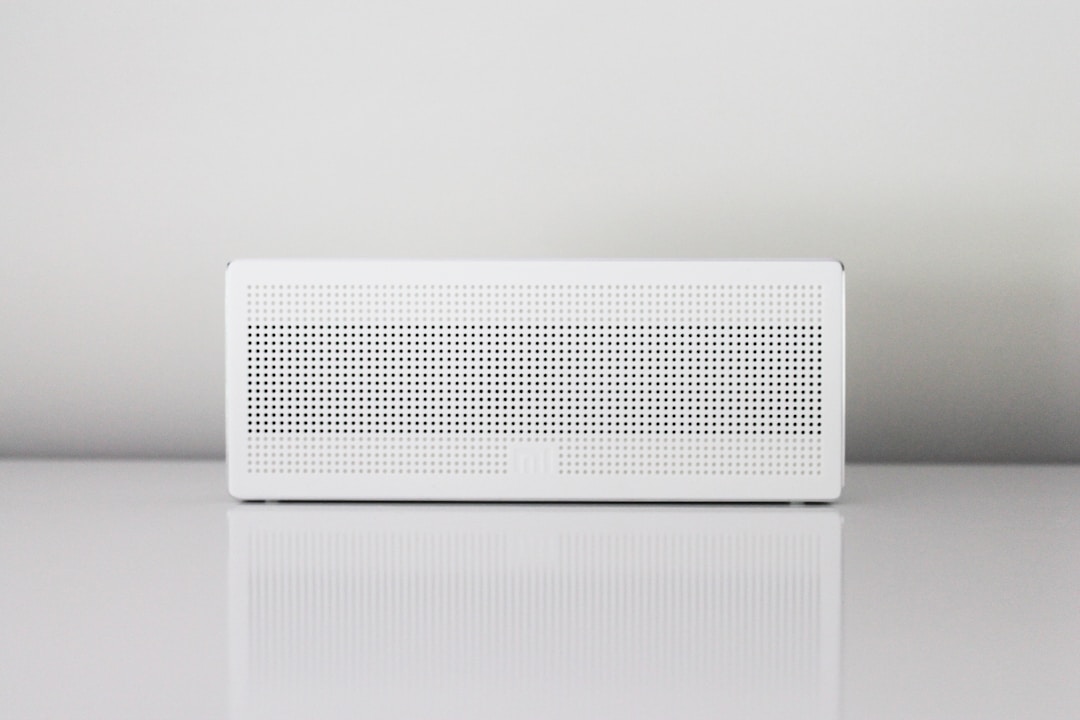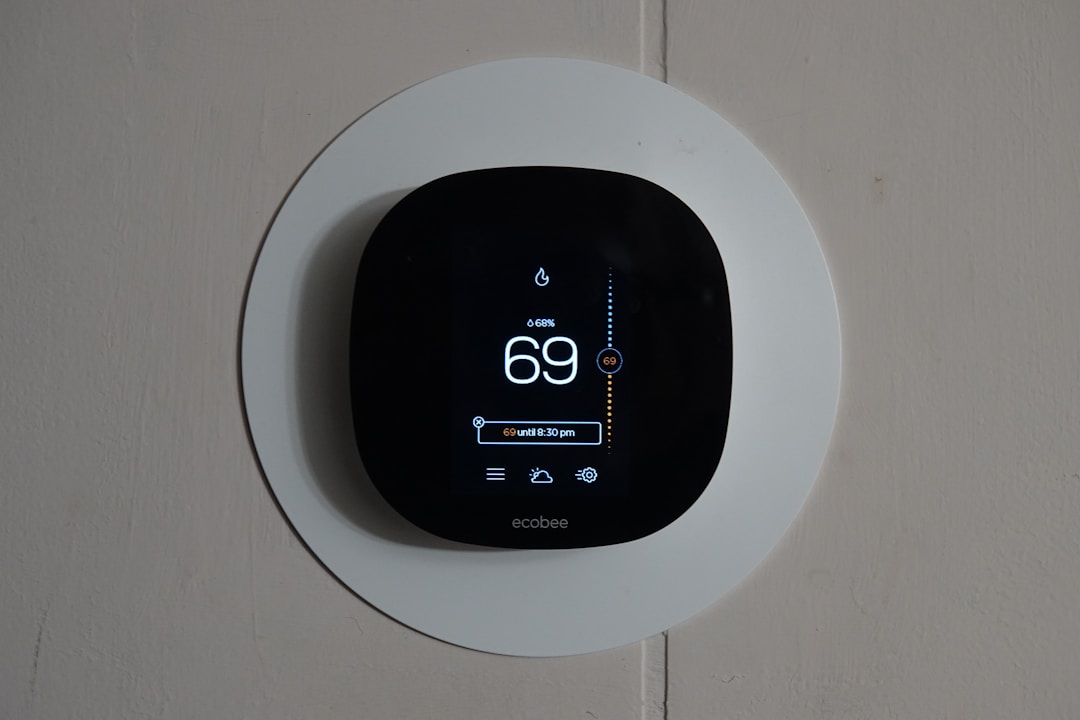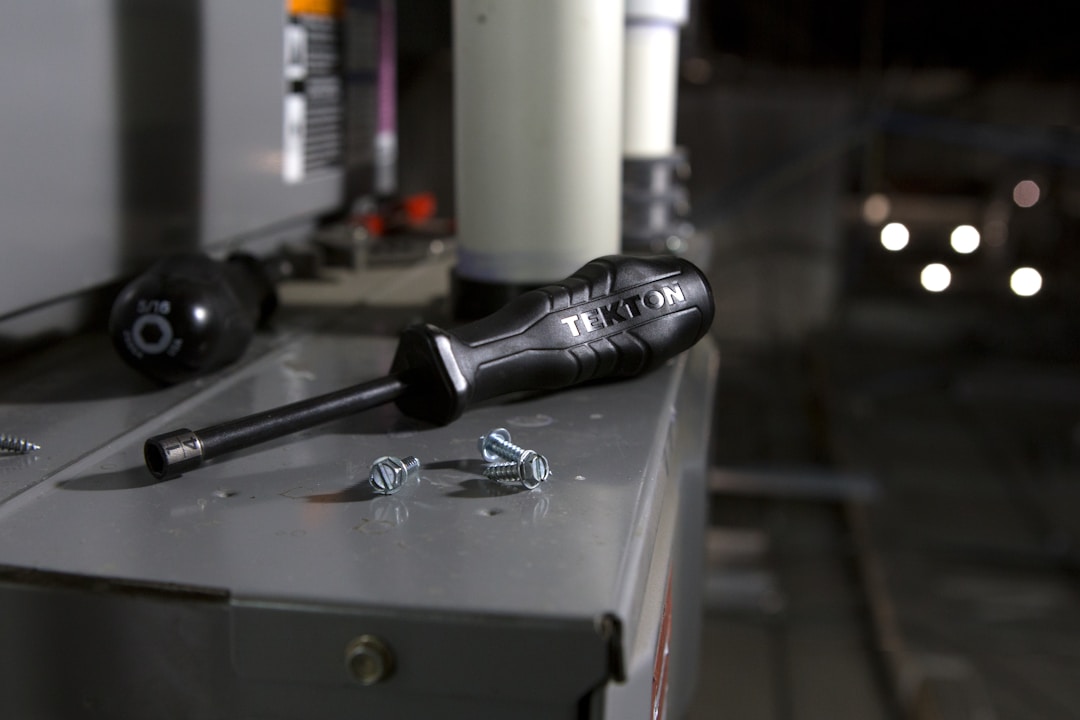
HVAC Options for Your New Construction Project
Having the right HVAC system plays a big role in maintaining the comfort level of your home. Whether you need to install a new HVAC system in your new construction project or it’s time for a replacement system, there are several important factors to keep in mind. The average life span of heating, ventilation, and air conditioning systems is 15 to 25 years. The unit you choose affects your home’s energy efficiency and utility costs now and in the long run.
Types of HVAC Systems

HVAC systems maintain the comfort level of your home in the hot summers and the cold winters. They feature an adjustable thermostat for temperature control and air filters that maintain your indoor air quality. They also have ducts and vents to circulate heated or cooled air throughout the home. There are four basic types of HVAC systems homeowners can choose from. The most common type is the split system, which features an interior heating unit that runs on gas or oil and an exterior cooling unit that runs on electricity. Hybrid split systems are similar to split systems but have the option of being powered by gas and electricity for better energy efficiency and cost savings.
Duct-free or mini-split systems feature individual units in each room, which eliminates the need for ductwork. Packaged systems combine heating and cooling capabilities in one unit that’s powered by electricity. Installing an HVAC system is more cost-efficient than using space heaters and window air conditioner units. The age of your HVAC system helps you determine whether a replacement is necessary.
Choosing the right system not only keeps your home comfortable but also helps control indoor air quality and affects your home’s energy consumption. The best way to determine the right HVAC options for your new construction project is to consult with a professional HVAC contractor. The professional technicians at Vic’s Air Conditioning have years of experience helping homeowners choose the best HVAC system for their heating and cooling needs. Their NATE-certified technicians perform HVAC services including new construction, new system installation, replacement, HVAC maintenance, ductless units, indoor air quality solutions, smart home automation, and more.
Choose the Right System Size

An important consideration when choosing an HVAC system is the square footage of your home and the load calculation of the system. Too much heating capacity can reduce the energy efficiency of your system, as it will cycle too frequently and produce excess wear and tear on the system components. This can cause your system not to reach peak operating temperatures. An HVAC contractor can determine the load calculation needs of your home and recommend the right option for your needs. As a rule of thumb, the system capacity should be a maximum of 25 percent more than the load calculation.
HVAC Maintenance

The key to extending the life span of your HVAC unit, maintaining your home’s comfort, and maintaining cost savings is to keep up with regular maintenance. All AC units have air filters that need to be cleaned and replaced regularly to maintain air quality. Different heating and cooling systems have different service needs, which should be kept in mind when choosing a system. It’s a good idea to purchase an HVAC system from a local HVAC contractor who offers maintenance services.
When choosing a new HVAC system for your new construction project, it’s important to understand that investing in a cheaper system doesn’t mean long-term cost savings. Always check the Energy Star rating of a system, consider the cost of electricity and gas, and calculate the cost of regular maintenance and the life span of the unit. Sometimes, investing more money up front on an energy-efficient system keeps more money in your pocket in the long run.




